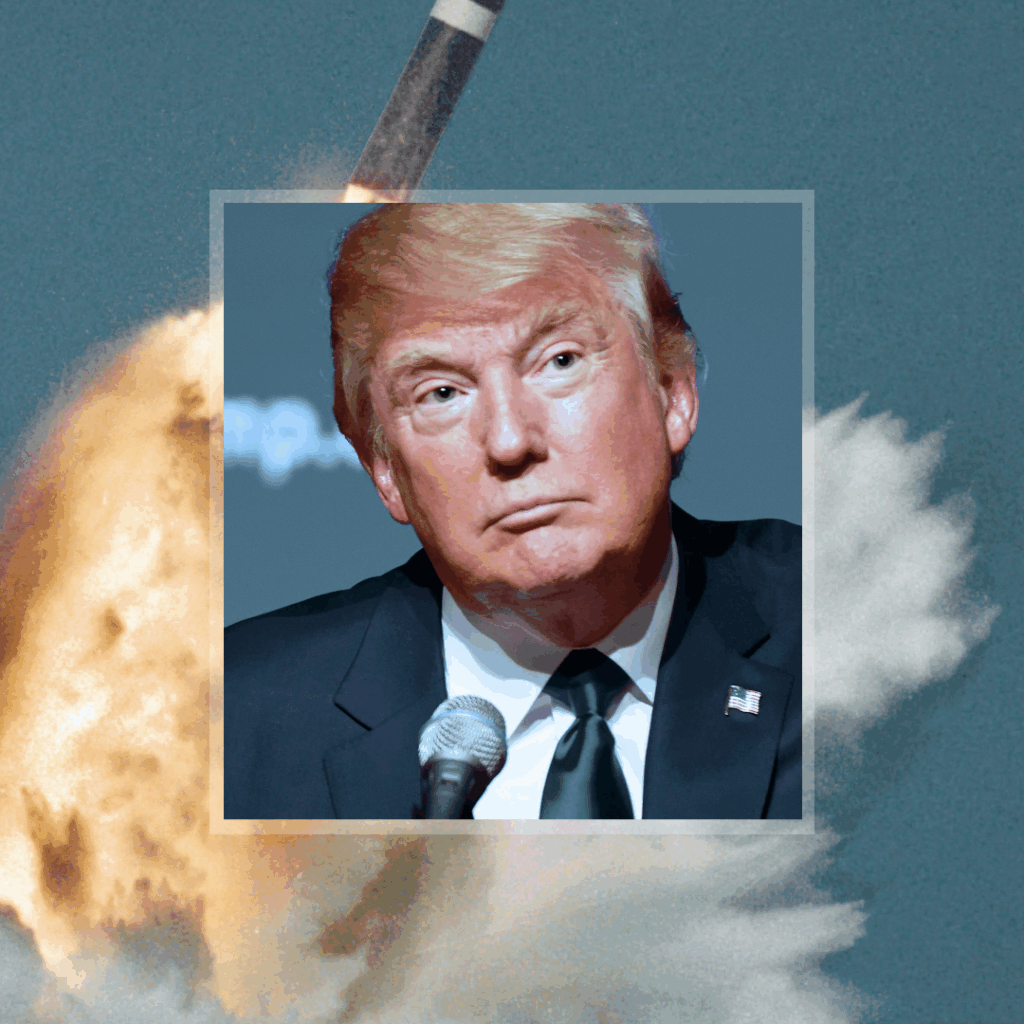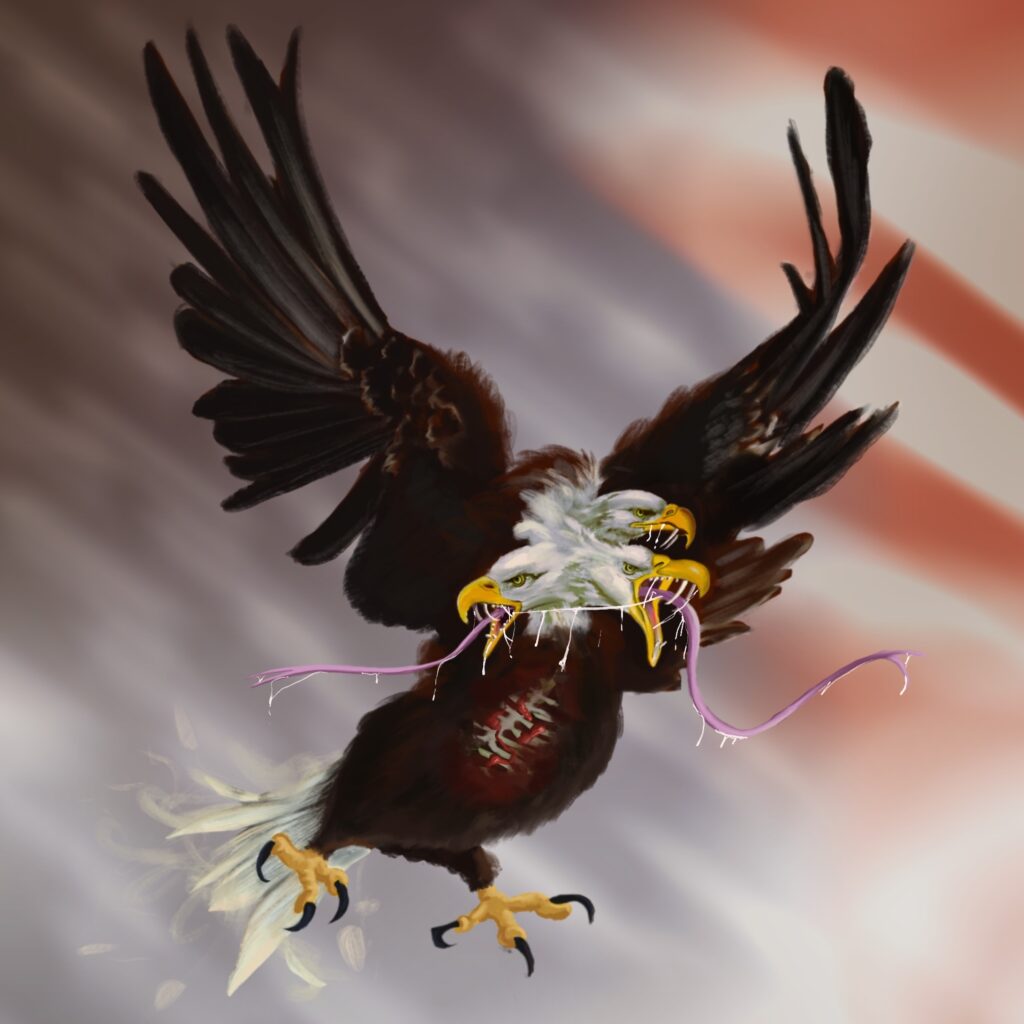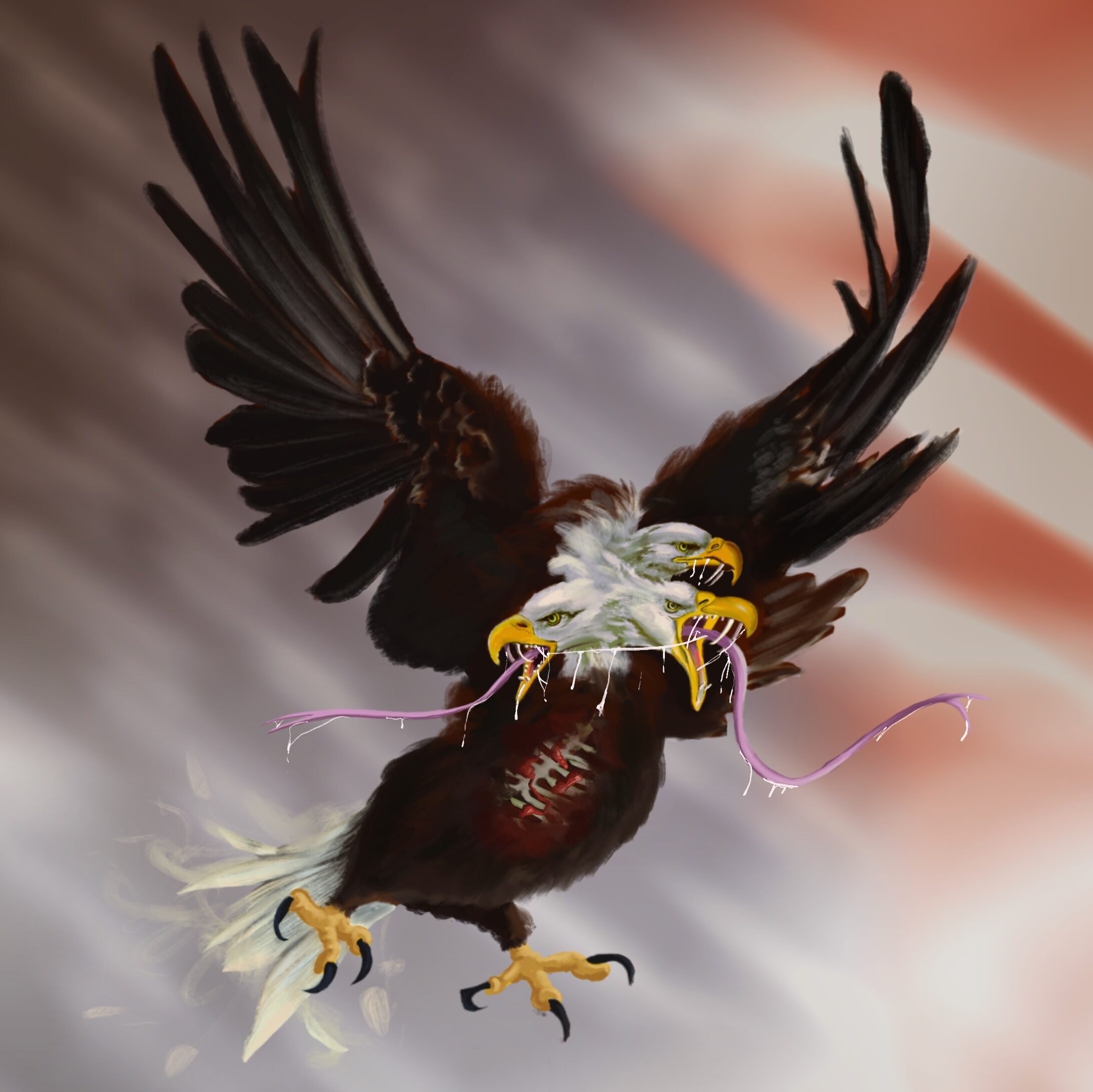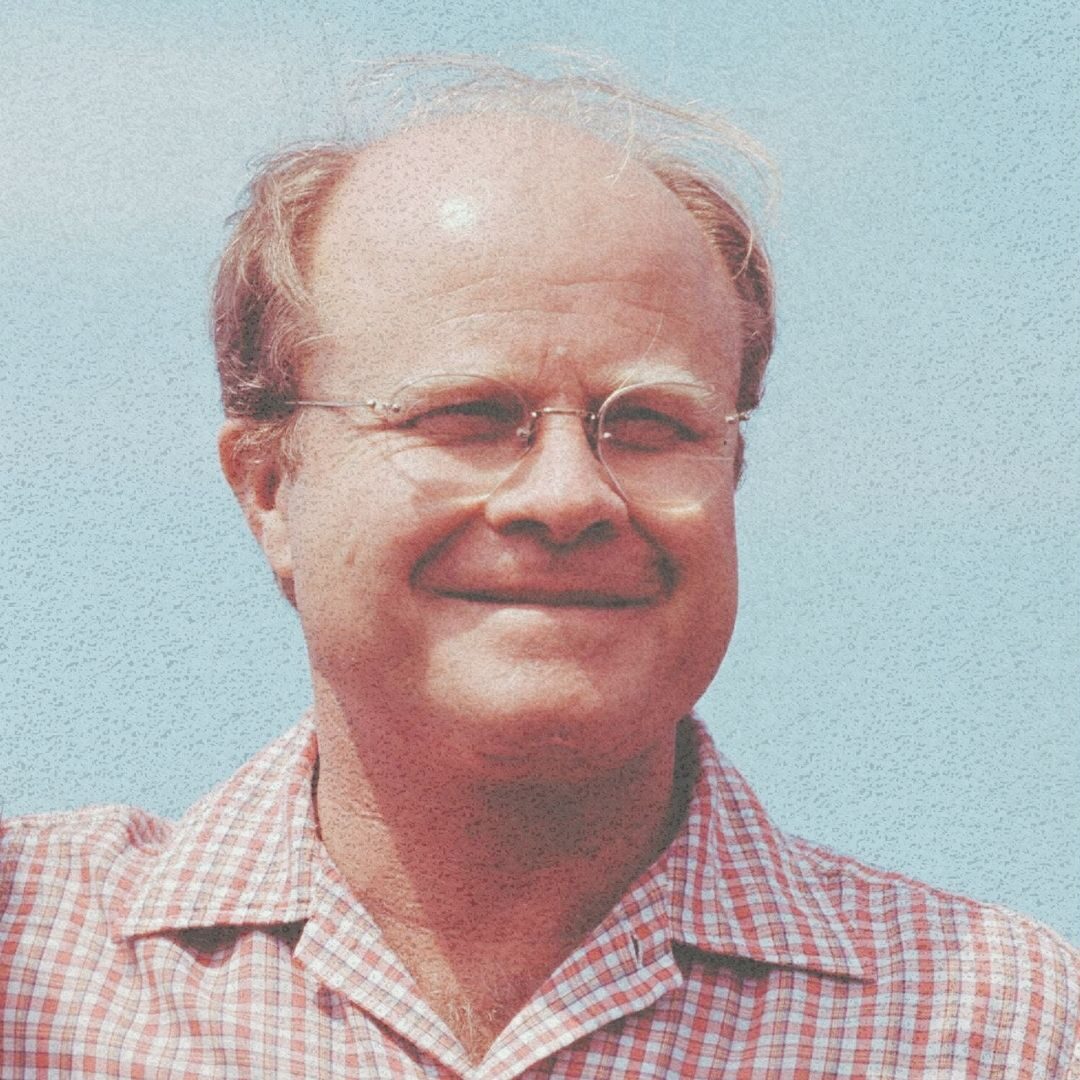Story Center
Current news and exciting stories highlighting the good, the bad, and the truth about nuclear weapons in the world.
The Big Story
Barbra Streisand x Ploughshares: 80 years since Hiroshima – VIDEO
Eighty years ago, Hiroshima became the first city to experience the horrors of nuclear war. That tragedy sparked a global call: Never again. To mark this solemn anniversary, Ploughshares is sharing a new short film narrated by Barbra Streisand.
Please contact Ploughshares' Communications Manager Rebecka Green at rgreen@ploughshares.org for further information on any of these stories or to pitch topics and interviews.













